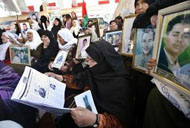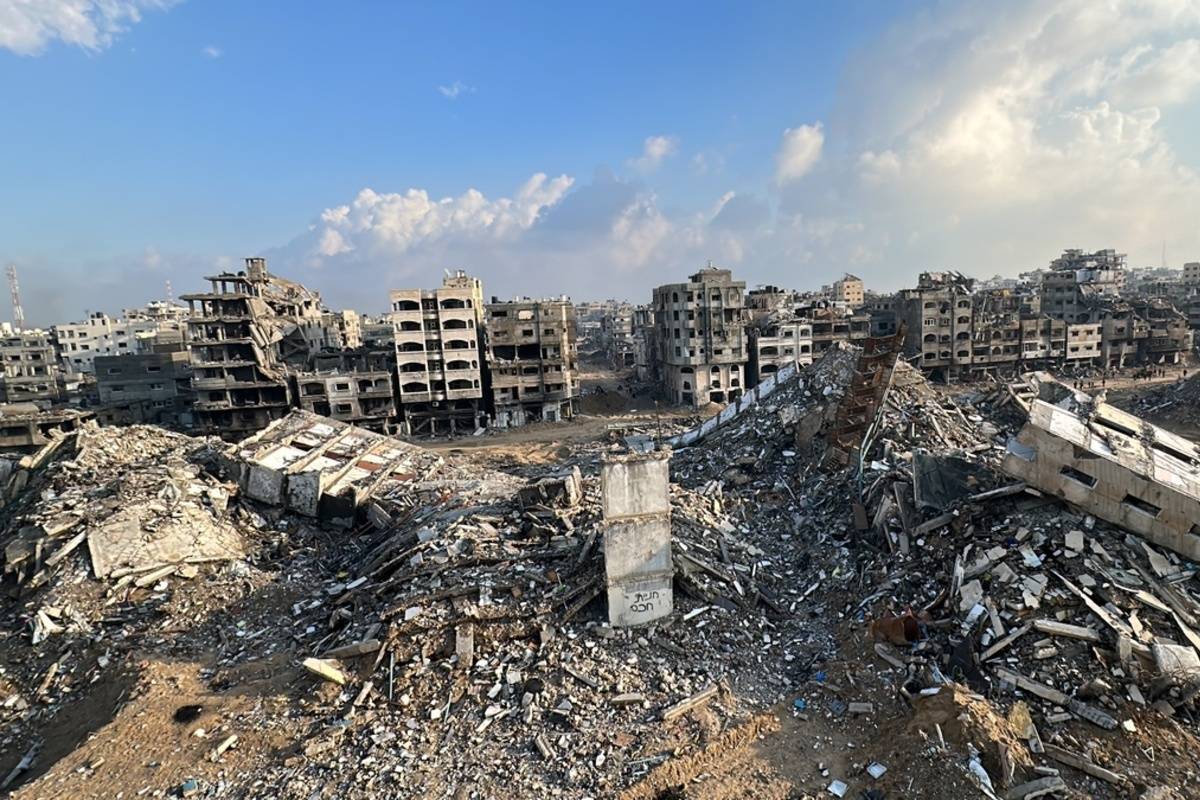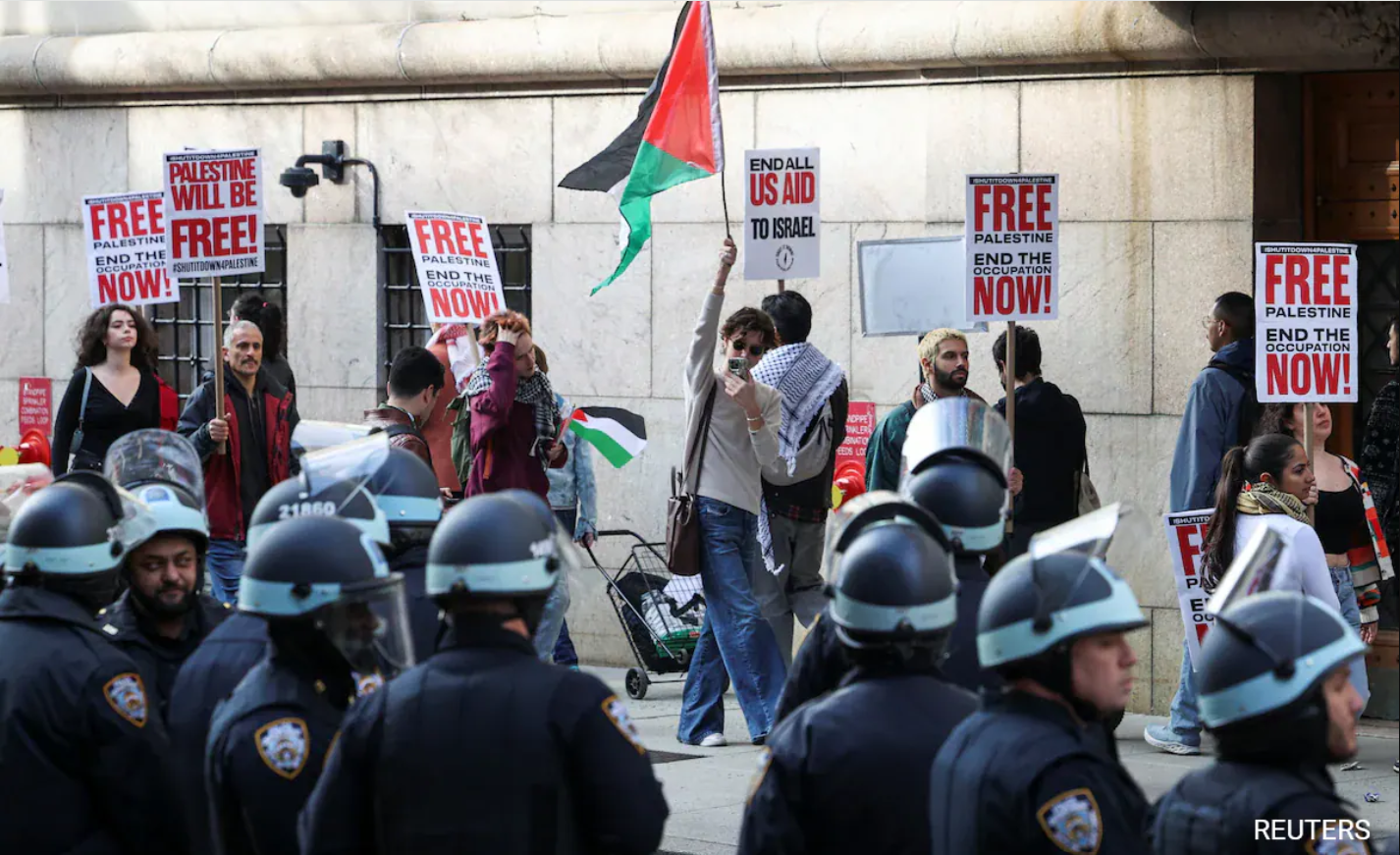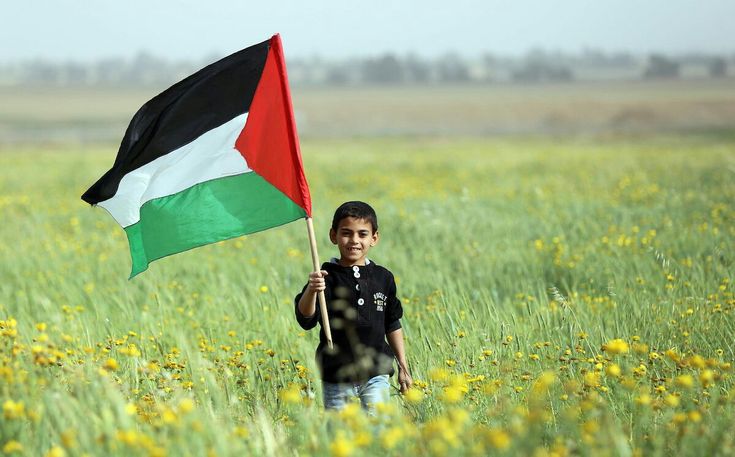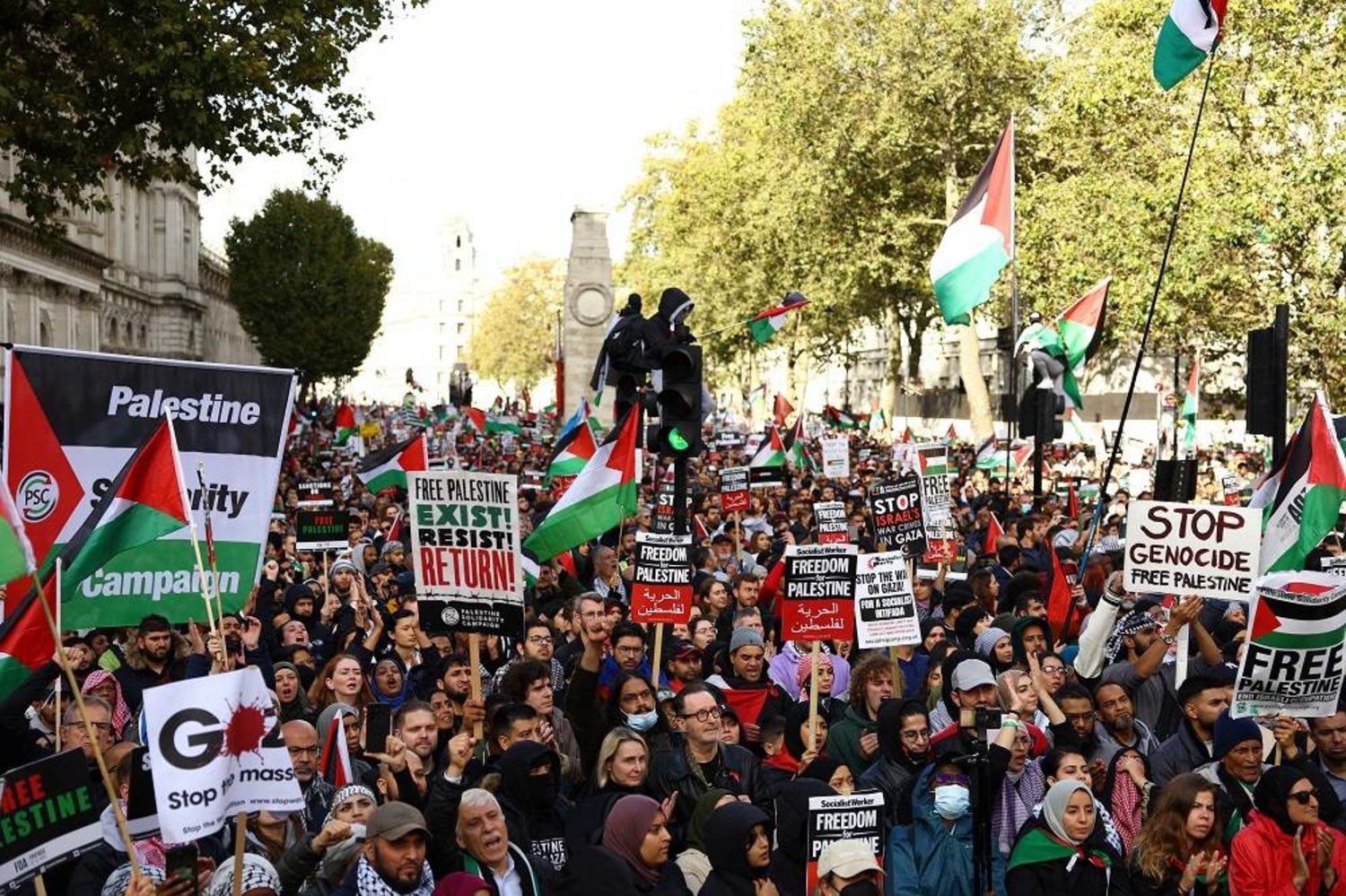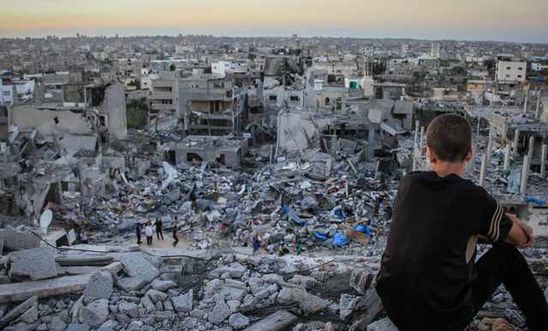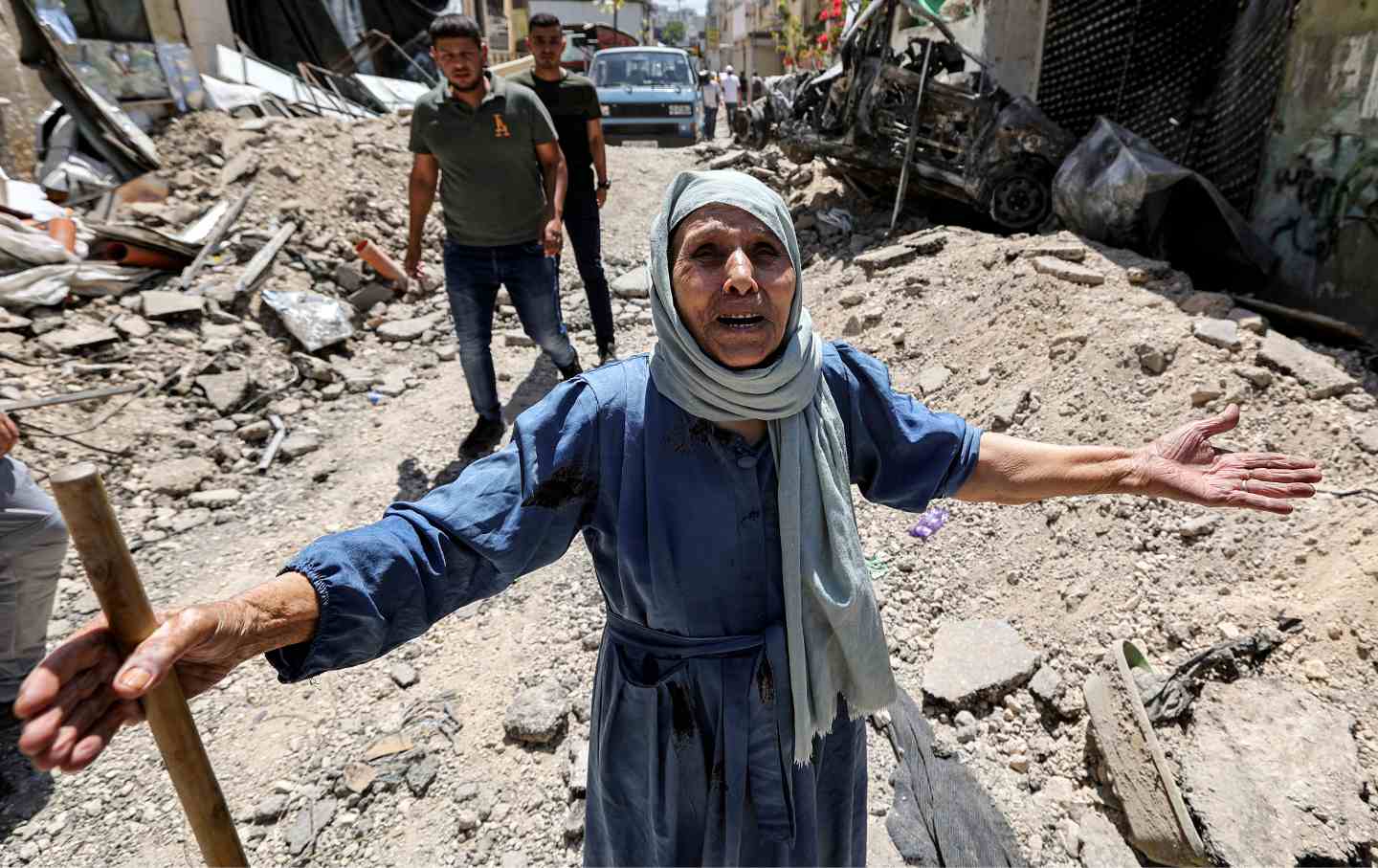Just about everyone is talking about the impending prisoner swap between Hamas and Israel. Media sources have hinted that the exchange will be culminated within days, with tens of hundreds of Palestinian prisoners being released from Israeli prisons in exchange for a single Israeli soldier, Gilad Shalit.
So far, there have been conflicting media reports about the details of the swap. Some sources have said Israel has accepted the release of the 450 Hamas-affiliated prisoners the movement is demanding while Israeli sources have insisted that only 300 of these have received clearance for release. While the Palestinians are expecting at least 1,000 of their sons and daughters to be released in the exchange, exact numbers have not yet been agreed on.
In the midst of these sterile reports about numbers and dates, there is a tendency to forget the flesh and blood behind them. It is true that politics requires an amount of distance in order not to become bogged down with emotions and therefore unable to forge political paths and reach aspired for goals. However, it is also equally as important not to forget the human beings for which these paths are being paved.
If it were not for a brief encounter with an old friend, I too would continue to be guilty of this very vice. However, meeting Fatimeh on the steps of Damascus Gate reminded me that every prisoner counts, every man, woman or child behind Israeli bars has someone waiting for them, hoping that their name will be on the lucky list of those sent home to their families.
Fatimeh's husband has been in jail for eight years now. Without a doubt, that is a long time no matter the circumstances. However, add to this Fatimeh's own story, the eight years must feel like so much more.
Fatimeh is young, in her early thirties. Doe-eyed and petite, she is soft spoken and greets you with a wide smile. But her life has not been easy, not even close. Married very young to the "love of her life", Fatimeh almost immediately became pregnant and had a son. The pregnancy with her daughter was not far behind. However, just months after she was born, and less than three years after their wedding, her husband, Mejd was arrested in Jerusalem and sentenced to 21 years in prison for alleged involvement in planting a car bomb in west Jerusalem.
It has been hardship for Fatimeh ever since. Raising two children on her own and having to deal with the pressures of society on single mothers, she is surprisingly strong. She explains to me how it is difficult to make ends meet, how she must work to put her children through school. She does not waver in her determination to make the best life possible for her children and to remain loyal to the man she wed.
It is only when I express my hope that Mejd will be released in the prisoner exchange does Fatimeh's anguish push through her metal-strong will. "Inshallah!" she almost shouts, "God willing!" She begins to gush about how hard it has been for her, how much she wants her husband by her side and how she doesn't want to raise her hopes too much just in case he is not on the list.
No doubt, my heart went out to her as I can only imagine how difficult it must be to raise to children alone with a husband languishing in an Israeli prison, his only real crime being love for his country. Mejd was not responsible for any Israeli deaths or injuries, but is still serving a lengthy sentence, basically because of Israel's desire to squash any spark of resistance in young fervent Palestinians.
Which brings me back to my first point. Just like this single prisoner has a story, a wife and children waiting anxiously for him, so do the 10,000 or so other Palestinian political prisoners now in Israeli prisons. It is easy to brush aside the human aspect of an entire cause, one that is often put on the negotiating table only as a bargaining chip. It is not however, right.
Captured Israeli soldier Gilad Shalit has a story, one which everyone has heard. The Israeli press has ensured that the Israeli public and the world at large know who Shalit is, what his hobbies are, his likes and his dislikes. We have heard from his family how much they miss him and their desire to bring their son home. Israel has succeeded in putting a face and a story to the name, has attached emotional value to something that could have easily been reduced to a mere political maneuver.
The Palestinians have not been nearly as successful. Although 10,000 is clearly a much larger number than one, it is still not impossible. As negotiators from each side continue to hammer out the final details of the long awaited prisoner swap, let us not forget the prisoners themselves and their humanity. They are in prison because they served a cause that we all call our own. The least we can do is honor their stories.
Joharah Baker is a Writer for the Media and Information Program at the Palestinian Initiative for the Promotion of Global Dialogue and Democracy (MIFTAH). She can be contacted at mip@miftah.org.




